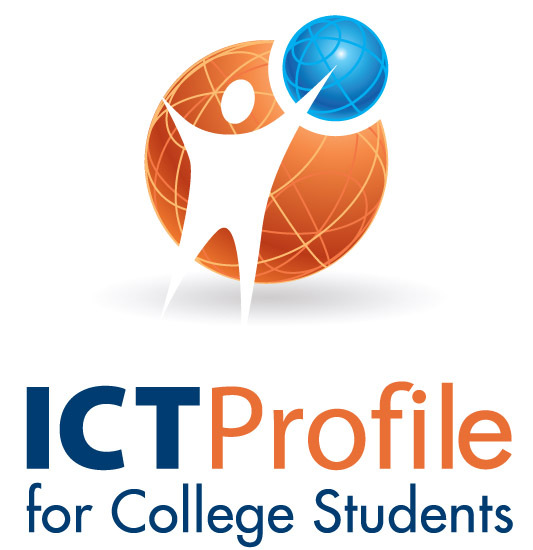The Internet, Plagiarism and the IT Skills of Our Students
This column was written while attending the Colloque Génération C in Quebec City organized by CEFRIO and while preparing for a presentation on Electronic Plagiarism being given at the Université du Québec à Trois-Rivières (UQTR).
How well do you know Generation C? This cohort, which is now between 13-25 years old, is in our classrooms. The letter C was used to designate these digital natives who learned to use a mouse before a pencil and who use the Internet to Create, Communicate and Collaborate. They spend more time on-line than watching television.
During the colloquium mentioned above, I heard members of this generation talk about the links between their Internet use, their personal lives, their professional careers and their academic achievements.
It was therefore surprising to learn that notwithstanding this intensive use of the Internet, which is on the average of twenty hours per week, students wanted to be guided by their teachers for the following activities:
- mastering research tools,
- acknowledging copyright,
- verifying the integrity of sources and
- learning of potential on-line dangers.
One student, who indicated that the Internet was a fixture in their private life, confessed to an ignorance of how to use it academically. Furthermore, a survey done by CEFRIO produced the statistic that 35% of this cohort felt that the majority of their teachers were not capable of advising them on effective use of the Internet (link in French). The current problems of electronic plagiarism, particularly of the copy-paste variety, are a natural outgrowth of this situation. Although difficult to fix a percentage of intentional copying over plagiarism in general, the need to promote awareness among students to combat plagiarism is obvious, and happily, an increasing number of colleges have risen to the challenge of making their students aware of the ethical consequences of their actions.
Furthermore, in order to aid teachers in instilling the respect implicit in citation of sources and copyright among their students, the college network has created three extremely useful resources:
- The IT Exit Profil and College Students: This document describes information research and presentation skills in detail including those relevant to citation of sources and respect of copyright in a context of distance communication and collaboration. English reference material is available. (Two C’s of Generation C!).
- The ICTProfile Space: A free bilingual Web space that brings together resources to help teachers and students master skills from the ICT Profile. In addition to description of skills, you will find tutorials intended for students, questionnaires, tools and free softwares for practicing skills. For example, this video is associated with task “Cite sources according to the required standard”. Many more resources, associated with each skill, objective and task, are displayed in the right-hand column.
- The IT Representative of your college: A person you can count on to understand the scope of the content in an IT Exit Profile and for guidance in discovering how to use InukTIC alone or within the context of creating an IT Exit Profile for the students in your program.

ICT Profile Logo
In conclusion, a study has indicated that students who have received training in research methodology and who have been made aware of the unethical nature and consequences of plagiarism are less inclined to plagiarize. Please use the space for comments below to share your own practices to discourage plagiarism among your students.

